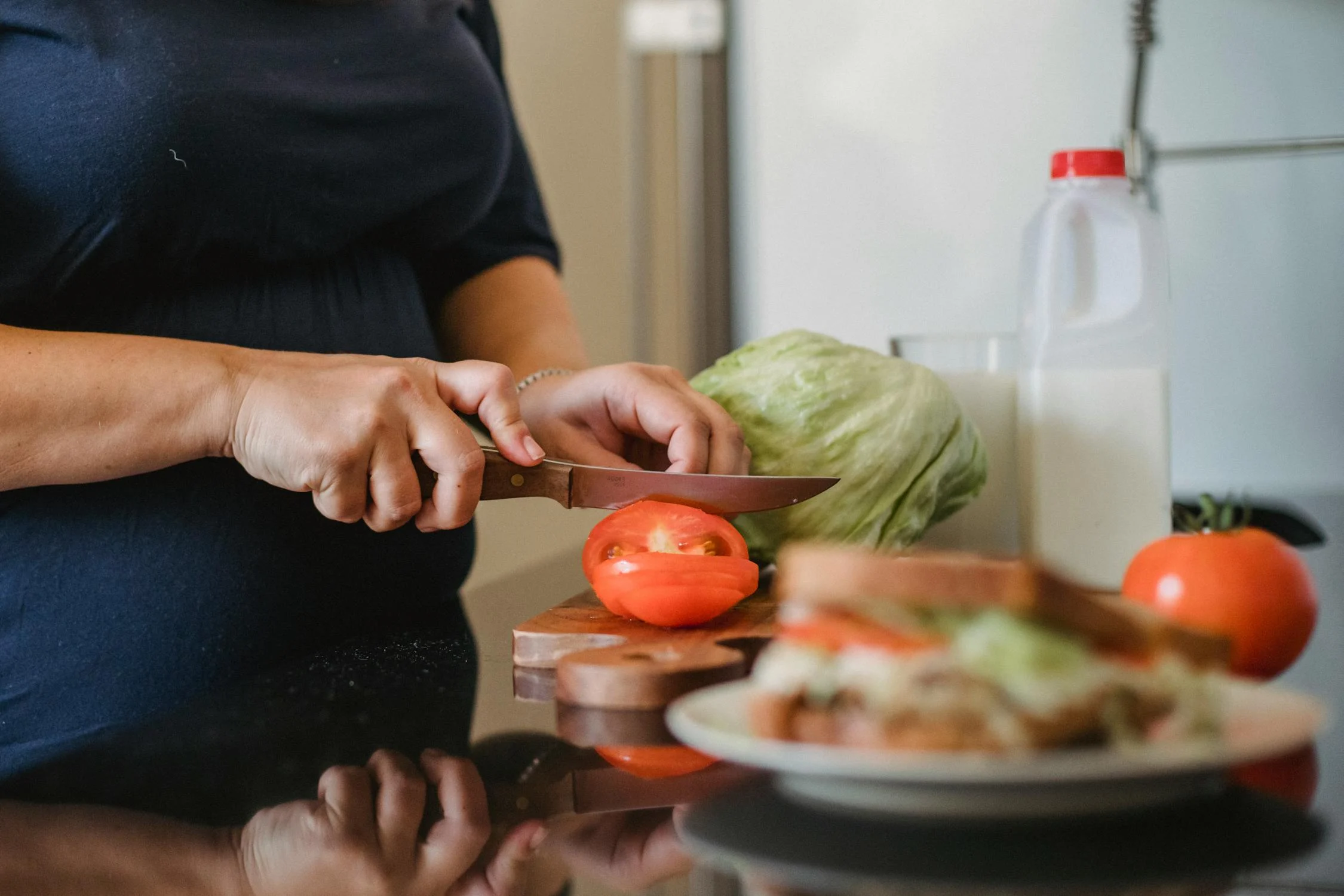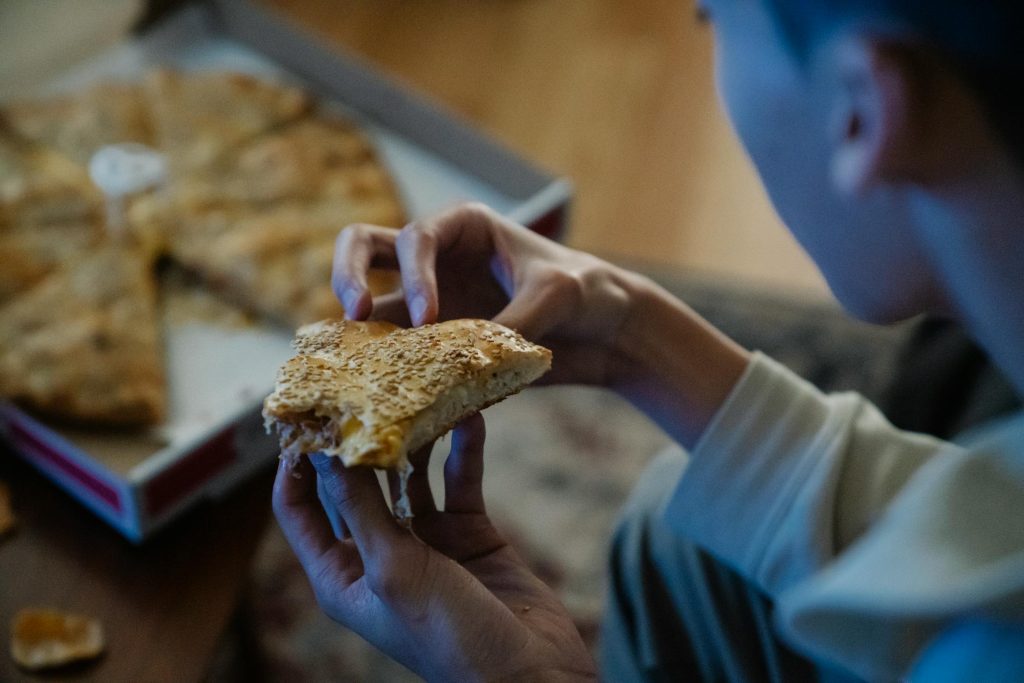???? Introduction: The Endless Search for the Ideal Diet
If you open Instagram right now, you’ll be bombarded with promises: “Lose 20 pounds in 30 days!”, “Low-carb diet: the secret to a perfect life,” “Intermittent fasting: the ultimate solution.”
Of course, there will be plenty of videos showing influencers with their flawless meal preps—green salads, grilled chicken, and a life that looks… well, perfect.
But here’s a hard truth—and a liberating one:
The perfect diet doesn’t exist.
And yes, that might sound disappointing. After all, who hasn’t wished there was some magic formula somewhere out there—a failproof method capable of solving all our insecurities about our bodies, our health, and our relationship with food?
Here’s the good news: There is no perfect diet, but there is a perfect way of eating for you. And that’s exactly what we’re going to talk about now.
???? The Lie of the Perfect Diet: Why It Never Worked for You
Let’s start by breaking down a common trap: the illusion of a one-size-fits-all formula.
For decades, we’ve been bombarded with rigid rules and endless “dos and don’ts”:
-
Don’t eat carbs after 6 p.m.
-
Sugar? Pure poison!
-
If you don’t fast, you’ll never be healthy.
-
Eating fat makes you fat (or doesn’t—it depends on the trend that year).
These narratives sell more than just weight loss. They sell the promise of control. As if following certain rules could let you control your health, your body, aging, and even happiness.
But nutritional science is clear:
There’s no single right path for everyone.
⚠️ What Works for Someone Else Might Be Harmful to You
-
That friend who feels great fasting has a different metabolism, routine, and relationship with food than you do.
-
The cousin who became vegetarian may have found their balance, while someone else might feel weak without animal protein.
-
The coworker who lost weight cutting carbs has different health factors you don’t see on their Instagram.
???? Science Says: Eating Right Is Way More Than Calories and Macronutrients

Recent research sheds light on an urgent issue: metabolic and emotional health depends on much more than counting calories.
???? Your gut, for instance, plays a major role in your immunity, mood, and even mental health.
???? Extreme restriction and crash diets can lead to binge eating, anxiety, low self-esteem, and the dreaded yo-yo effect—losing and regaining weight repeatedly.
???? Food isn’t just about nutrients. It’s about community, tradition, joy, and memory. We don’t eat numbers. We eat culture.
???? Why Are We So Drawn to Extreme Food Rules?
There’s a deep psychological reason for this: the brain loves simple answers.
When we’re anxious about our body, our health, or the number on the scale, we crave certainty. And few things are more seductive than these promises:
-
“Follow X and you’ll be healthy.”
-
“Eat Y and you’ll never have problems again.”
-
“Just do Z and all your issues will disappear.”
But life doesn’t work that way—and neither does nutrition.
Often, the search for the perfect diet is actually a desperate attempt to gain control in an unpredictable world.
???? Eating Right Is Not Eating Perfectly — And That’s Freedom
✅ Eating right means:
-
Having a nourishing foundation but allowing for flexibility.
-
Eating fruits, veggies, grains, proteins… but also that birthday cake, the Sunday pizza, and grandma’s special recipe.
-
Listening to your hunger and fullness cues rather than blindly following an app or a spreadsheet.
-
Understanding that eating for joy, celebration, or comfort is valid—and human.
❌ Eating right does NOT mean:
-
Following a robotic meal plan that doesn’t fit your life.
-
Feeling guilty because you ate a piece of chocolate cake.
-
Cutting entire food groups without a real need or proper guidance.
-
Believing in magic foods or demonizing others.
???? What Actually Works? Realistic, Sustainable, Personalized Nutrition
???? The key concept here is: personalized nutrition.
Copying a celebrity’s meal plan or a fitness influencer’s diet won’t work long-term. Your diet needs to fit your body, your life, your routine, your mental health, and your budget.
What works for you might look like:
-
Eating mostly real, minimally processed foods.
-
Making conscious choices without turning food into a battlefield.
-
Learning to notice your own hunger, fullness, and satisfaction cues.
-
Respecting your cultural food traditions.
-
Allowing space for pleasure without guilt.
???? Does Healthy Eating Have to Be Expensive? Spoiler: Nope.
Let’s bust another myth right now: healthy eating doesn’t have to be expensive.
Of course, if you base your diet on fancy “fit” snacks, expensive supplements, and Instagrammable superfoods, your grocery bill will skyrocket. But that’s not health—that’s marketing.
Think about it:
-
Beans, rice, eggs, sweet potatoes, bananas, cabbage, squash, carrots… all affordable, nutrient-rich, and deeply rooted in traditional diets.
-
Healthy eating is much more about doing the basics well than chasing overpriced trends.
????♀️ Health Is Also Mental — And Your Relationship with Food Matters
If your eating habits make you feel anxious, guilty, stressed, or socially isolated, then it’s no longer healthy—even if it’s “perfect” on paper.
True health includes:
-
Eating without guilt.
-
Eating without fear.
-
Eating with pleasure.
-
Eating in a way that connects you to your body—not to the scale or a calorie-counting app.
???? The Danger of Instagram Nutrition — How to Filter What You See
???? Red flags to watch out for:
-
Pages that demonize entire food groups without scientific backing.
-
Influencers promising rapid, miraculous weight loss.
-
Content that assigns moral labels to food: “this is clean,” “this is toxic,” “this is bad,” “this is pure.”
✅ Follow accounts that promote:
-
Evidence-based nutrition.
-
Flexible, sustainable eating.
-
Health that includes body, mind, and social wellbeing.
-
Body diversity without glamorizing unattainable standards.
???? Conclusion: The Perfect Diet Doesn’t Exist — But Your Perfect Diet Does
If you’ve made it this far, you deserve to hear this loud and clear:
You don’t need to be perfect. Your plate doesn’t need to be perfect. Your diet doesn’t need to be perfect.
The goal isn’t perfection—it’s the best balance possible. It’s about eating in a way that nurtures your body but also supports your mental health, your happiness, and your quality of life.
Because food isn’t just fuel. It’s love. It’s connection. It’s memory. It’s culture. And yes—it’s also health.

